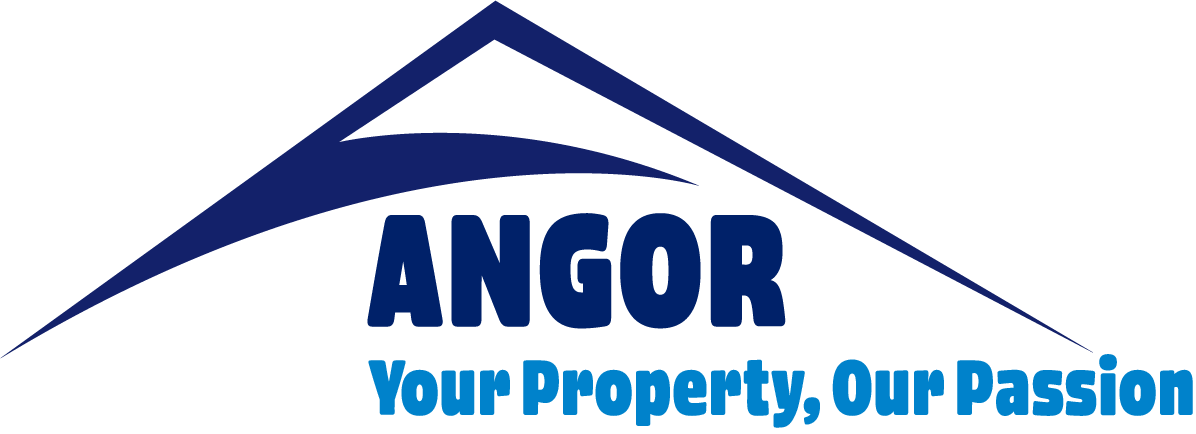Types of maintenance in the sectional title environment
It helps you to know that maintenance falls into a few main categories:
Planned maintenance
- Planned maintenance which should be covered by monthly levies. Special levies can also be collected, based on larger maintenance needs that the trustees and owners have identified ahead of time. Planned maintenance can include:
- Cleaning and maintenance of the property’s exterior, including windows, roofs, gutters, and facades;
- Inspection and maintenance of the property’s heating, ventilation, and air conditioning (HVAC) systems, including regular filter replacement, duct cleaning, and equipment maintenance;
- Inspection and maintenance of the property’s plumbing systems, including checking for leaks, repairing or replacing damaged pipes, and ensuring proper drainage;
- Inspection and maintenance of the property’s electrical systems, including regular testing of wiring and outlets, replacing light fixtures, and ensuring compliance with electrical codes;
- Inspection and maintenance of the property’s structural components, including the foundation, walls, and roof, to ensure that they are sound and free from damage;
- Regular inspection and maintenance of any elevators, escalators, or other mechanical systems on the property;
- Regular inspection and maintenance of fire safety systems, including fire alarms, smoke detectors, sprinkler systems, and emergency exits;
- Overall, planned maintenance on a property Scheme is essential to keep the property functioning at its best and to prevent minor issues from turning into major problems that can be more costly and disruptive to repair.
Emergency Maintenance
- Emergency maintenance is just that, unpredictable, unexpected, and needing immediate attention. Sometimes, but not always, these sorts of maintenance issues can be avoided by proper upkeep by the body corporate or the property owners. These kinds of things include:
- Electrical failure: Emergency maintenance may involve repairing an electrical fault that has caused a power outage or other dangerous situation, such as sparking or overheating wires;
- Plumbing issues: Emergency maintenance may involve fixing a burst pipe, unclogging a drain, or repairing a leaking water heater;
- Heating and cooling failures: Emergency maintenance may involve repairing a broken furnace or air conditioning unit to restore a comfortable temperature inside the building;
- Fire or flood damage: Emergency maintenance may involve repairing or replacing parts of the property that have been damaged by fire, smoke, or water;
- Structural damage: Emergency maintenance may involve repairing or reinforcing a building or structural component that has been damaged by an earthquake, storm, or other natural disaster;
- Security issues: Emergency maintenance may involve repairing or replacing locks, doors, or windows that have been damaged or compromised, ensuring the safety and security of the property and its occupants.
That’s all very well, but how do you know what you as the owner or tenant are responsible for, and what the property Scheme needs to cover or do?
It’s pretty simple, really. The short answer in terms of the Sectional Title Management Act is that it is the Body Corporate’s responsibility to maintain all the common property and to keep it in a state of good and serviceable repair whilst owners must repair and maintain his or her section in a state of good repair.
Electrical or Water Supply
It’s best to contact an electrician/ plumber to investigate the cause of the electricity/ water supply. Should the cause be within the unit, the costs involved will be for the unit owner’s account.
Burst Geyser
Sectional Title Schemes have an insurance policy covering the common property and water heating systems (geyser/ heat pump/ boiler). Always turn off the water supply and electrics at the DB board first. In the online portal, if your Scheme deals directly with the Insurance Company, a call centre number will be displayed. Contact the Call Centre. They will arrange for the repairs/ replacement and will complete the claim on your behalf. If ANGOR assists with claims for your Scheme, you will be able to view information and submit a claim on the “Insurance & Claims” screen.
Open the “Submit a Claim” page for a Burst Geyser. If the incident has occurred between office hours (08:00 – 16:00) please email insurance@ANGOR.co.za or contact our offices on 087 006 0011 for assistance. If the incident has occurred after hours, please contact our 24-Hour call centre on 087 006 0011 for assistance.
Burst Pipes
- Turn off the water supply to the affected unit/s if possible.
- Contact your ANGOR Portfolio Administrator or, your Scheme’s Estate Manager (if applicable) to determine if the burst pipe is within your section and therefore your responsibility to repair. If the pipe is on common property, the Scheme Executives must arrange for the repairs to be done.
- Ensure the contractor provides you with a report clearly stating the condition of the pipe.
Sectional Title Schemes have an insurance policy covering the structure of a unit which usually includes the plumbing in the unit. If a pipe suddenly bursts, the repairs are usually covered by the insurance policy. If a pipe leaks due to old age, the repairs are usually not covered by insurance.
Leaking Roofs, Windows, Doors, or Between Units
The Scheme’s insurance policy usually covers resultant damage due to a water leak. The leak can be from the roof, windows, or doors or from a neighbouring unit. If the leak is linked to common property, the repairs must be approved and coordinated by the Scheme Executives. If the Scheme has an Estate Manager, the Estate Manager may assist in this regard. Once the appointed contractor has completed the repairs, the resultant damage can be repaired. Claims must be submitted within 30 days of the damage occurring. Leaks between units are not a Body Corporate responsibility. The unit owner whose unit is causing the damage is responsible for repairing the cause of the damage. Proof of repairs of the cause of the damage will be required in order to finalise the claim.

